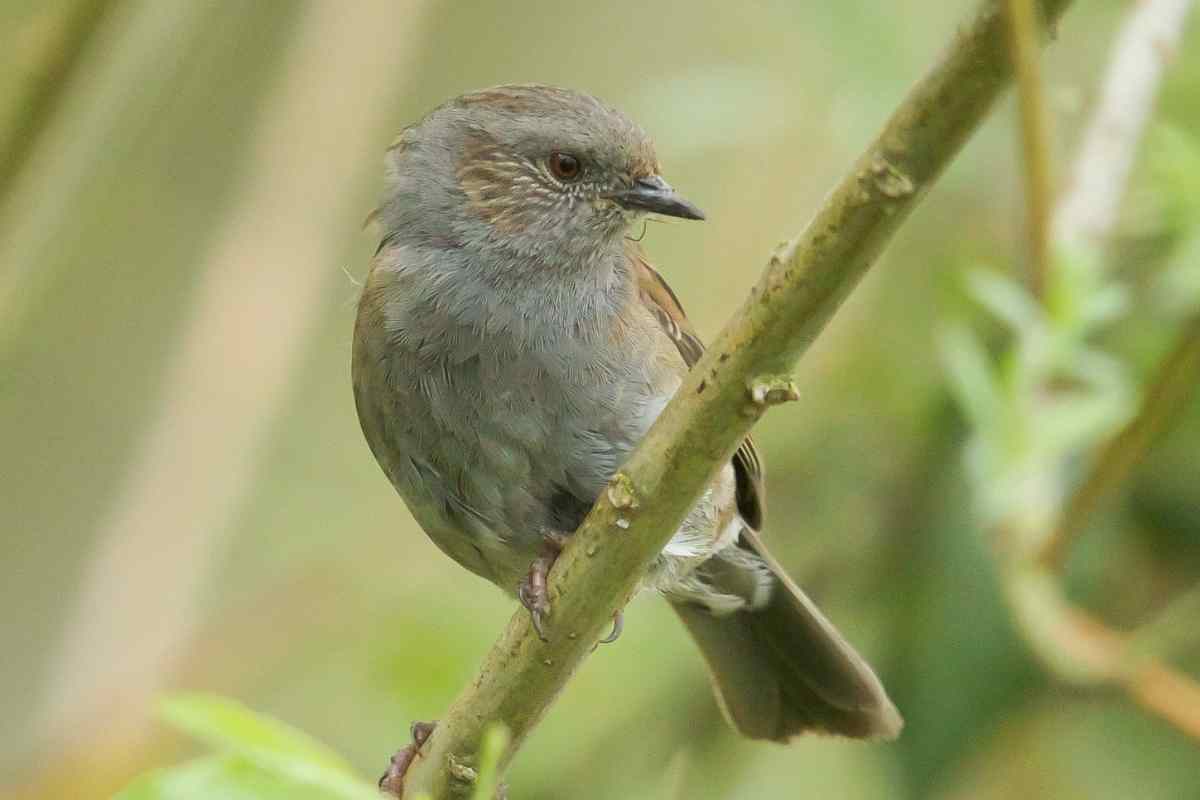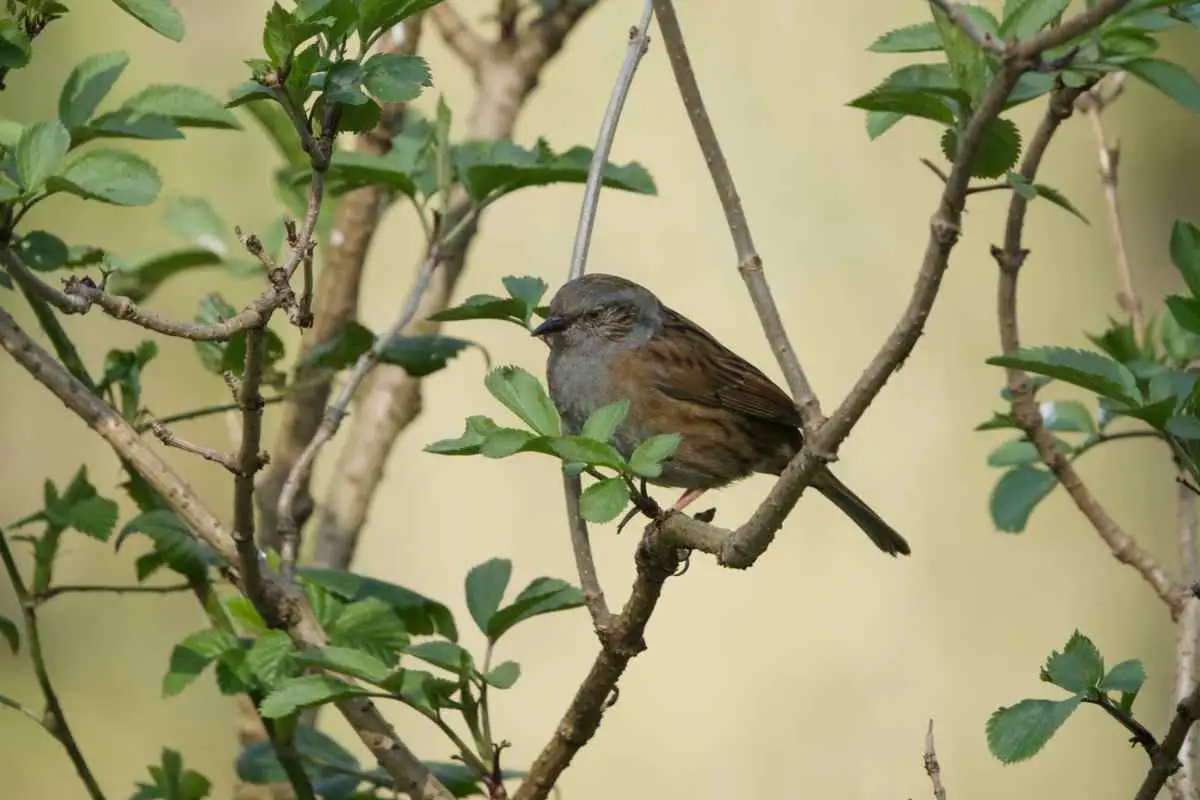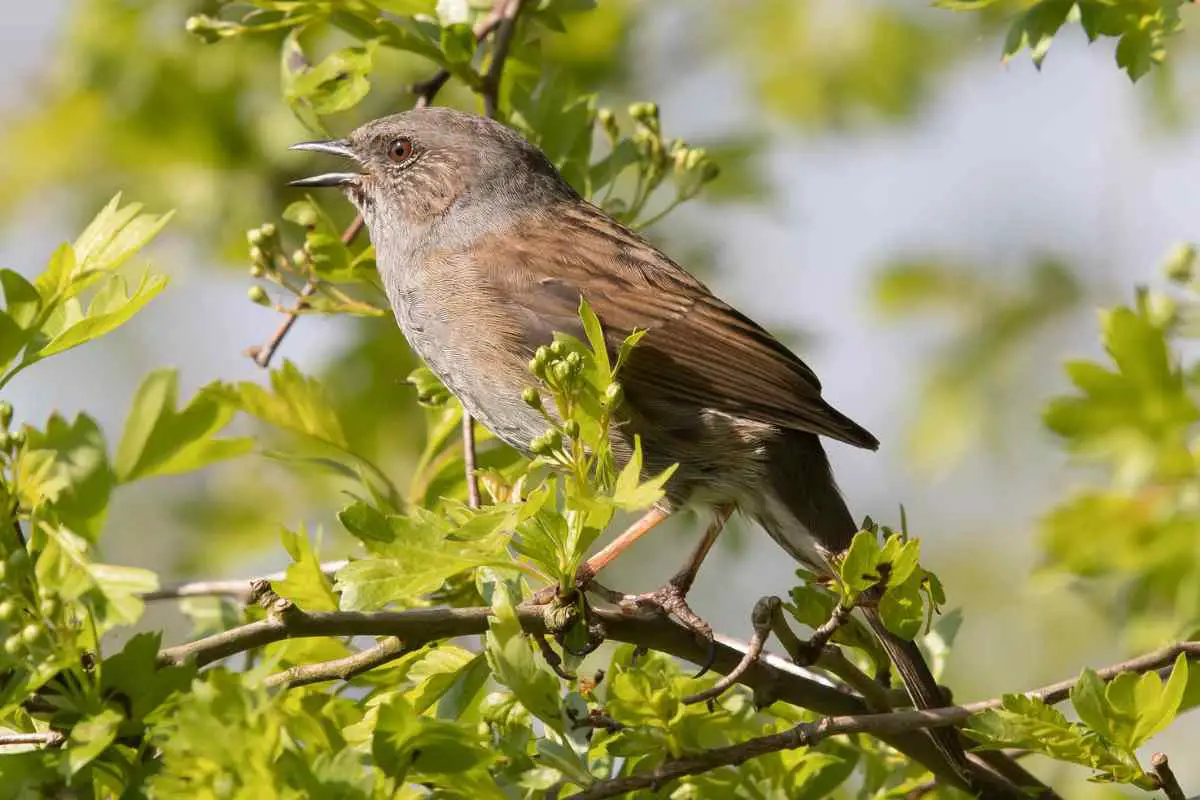Chipmunks can be a cute addition to your backyard, but they can also cause damage to your garden by digging holes and tunnels.
If you’re having a problem with chipmunks digging up your garden, there are a few steps you can take to deter them.
In this article, we will go over some effective methods for keeping chipmunks out of your garden, including physical barriers, deterrents, and repellents.
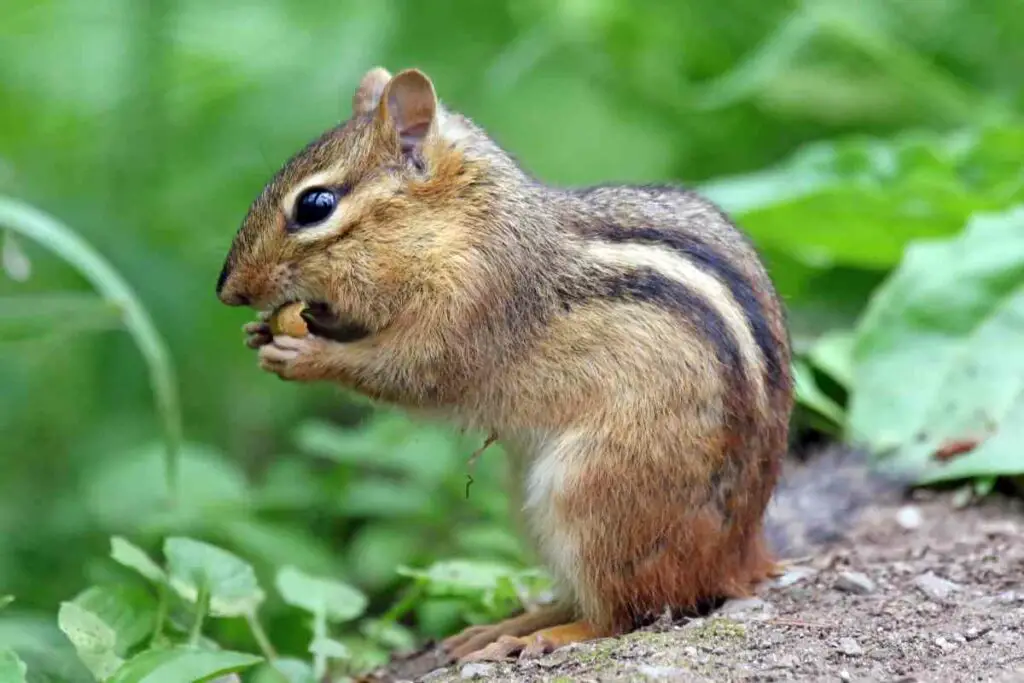
By taking a multi-faceted approach, you can effectively protect your plants from these pesky critters.
Table of Contents
5 Easy Ways To Stop Chipmunks From Digging Up Your Garden
- Physical barriers: One of the most effective ways to keep chipmunks out of your garden is to physically block their access. This can be done by installing fencing around the perimeter of your garden, or by placing wire mesh over individual plants or beds. Make sure the barrier is buried a few inches underground to prevent the chipmunks from digging under it.
- Deterrents: Another effective method is to use deterrents to make the area less attractive to chipmunks. One option is to use predator urine, such as coyote or fox urine, around the perimeter of your garden. Chipmunks have a natural fear of predators and will be less likely to enter an area that smells like a predator has marked it as its territory.
- Repellents: There are also a number of commercial repellents available that can help keep chipmunks away from your garden. These products often use scent or taste to deter the chipmunks and can be applied to plants or the soil around them. Be sure to follow the instructions on the product carefully, and reapply as needed.
- Habitat modification: Chipmunks are attracted to gardens that provide food, water, and shelter. By removing these attractants, you can make your garden less appealing to chipmunks. Keep bird feeders away from your garden, remove any standing water, and eliminate potential nesting sites.
- Exclusion: If you have a particularly persistent chipmunk problem, you may need to take more drastic measures. One option is to trap the chipmunks and release them far away from your garden. This can be a time-consuming and labor-intensive process, but it may be necessary if other methods are not effective.
By using a combination of these methods, you can effectively stop chipmunks from digging up your garden and causing damage to your plants.
What Flowers Attract Chipmunks To Your Garden?
Chipmunks are omnivorous, which means they eat a variety of plant and animal matter. In a garden setting, chipmunks may be attracted to a range of flowers, fruits, and vegetables. Some examples of plants that may attract chipmunks include:
- Sunflowers
- Corn
- Tomatoes
- Peppers
- Squash
- Melons
- Grapes
- Raspberries
- Blackberries
Keep in mind that chipmunks are also attracted to birdseed and other sources of food, so even if you don’t have any of these plants in your garden, you may still experience a chipmunk problem.
To prevent chipmunks from being attracted to your garden, it’s important to eliminate sources of food and shelter and to use physical barriers, deterrents, and repellents as needed.
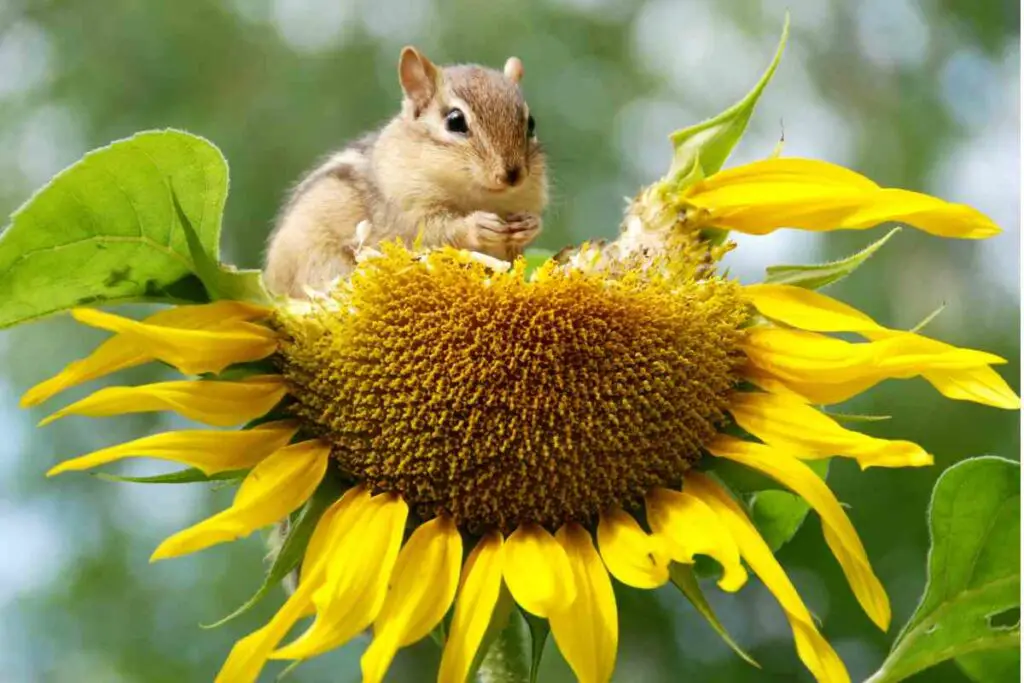
What Plants Repel Chipmunks?
There are several plants that have been reported to have a repellent effect on chipmunks and other rodents. These include:
- Marigolds: The scent of marigolds is thought to be unpleasant to chipmunks and other rodents, and they may avoid areas where these flowers are present.
- Alliums: Alliums, such as garlic and onions, are known to have a strong scent that can deter pests. Planting these around the perimeter of your garden may help keep chipmunks away.
- Daffodils: Daffodils contain toxins that can be harmful to chipmunks if ingested, so they may avoid areas where these flowers are present.
- Catnip: Some people have reported that planting catnip around their garden can help deter chipmunks and other pests. However, keep in mind that catnip can also attract cats, so this may not be the best option if you have feline pets.
It’s important to note that the effectiveness of these plants as chipmunk repellents may vary, and they may not work in all cases. Using a combination of physical barriers, deterrents, and repellents is often the most effective way to keep chipmunks out of your garden.
Conclusion
In conclusion, The best way to stop chipmunks from digging up your garden is to use a combination of physical barriers, deterrents, and repellents.
Physical barriers, such as fencing or wire mesh, can effectively block chipmunks from accessing your garden.
Deterrents, such as predator urine or commercial repellents, can make the area less attractive to chipmunks.
Habitat modification, such as removing sources of food and shelter, can also help deter these pests.
If all else fails, exclusion methods, such as trapping and releasing the chipmunks, may be necessary. By taking a multi-faceted approach, you can effectively protect your garden from chipmunks and prevent damage to your plants.
- How to Build a Planter Box for Bamboo: A Step-by-Step Guide
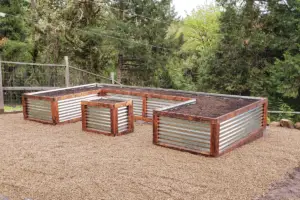
- Can Robotic Lawnmowers Handle Steep Slopes?
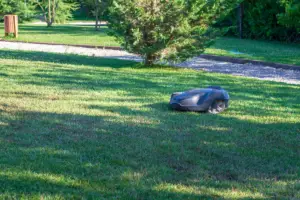
- Do You Need a Specific Lawn for a Robotic Lawnmower? Expert Advice
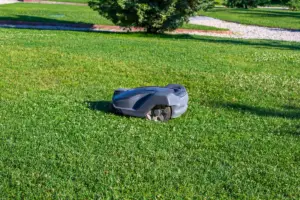
- Are Robotic Lawnmowers Safe for Pets and Children? Safety Features of Robotic Lawnmowers

- Why Use Robotic Lawnmowers? Advantages of Using a Robotic Lawnmower
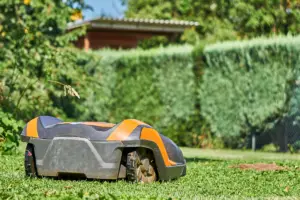
- Is the GARDENA SILENO City 300 Cordless or Corded? A Clear Answer












